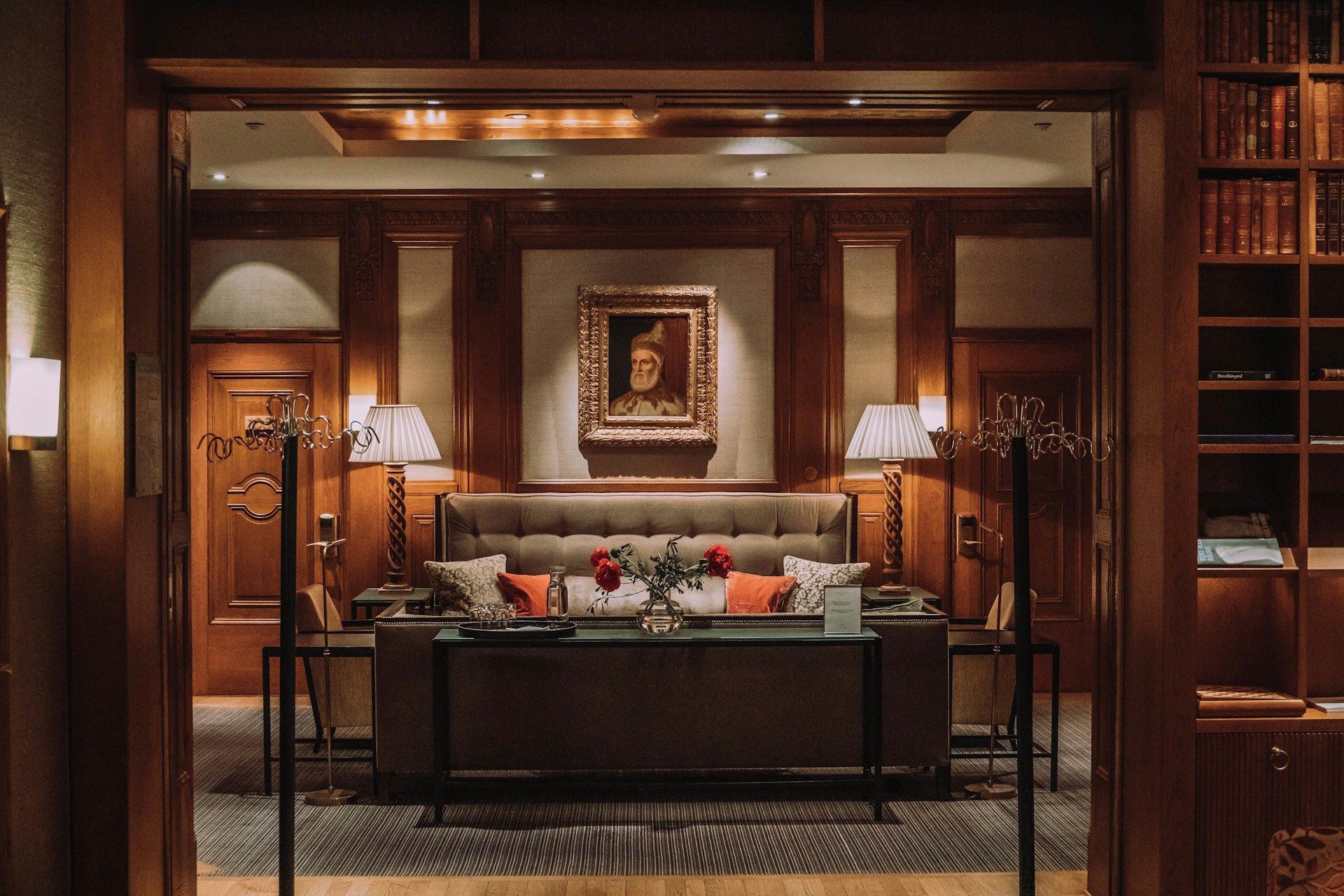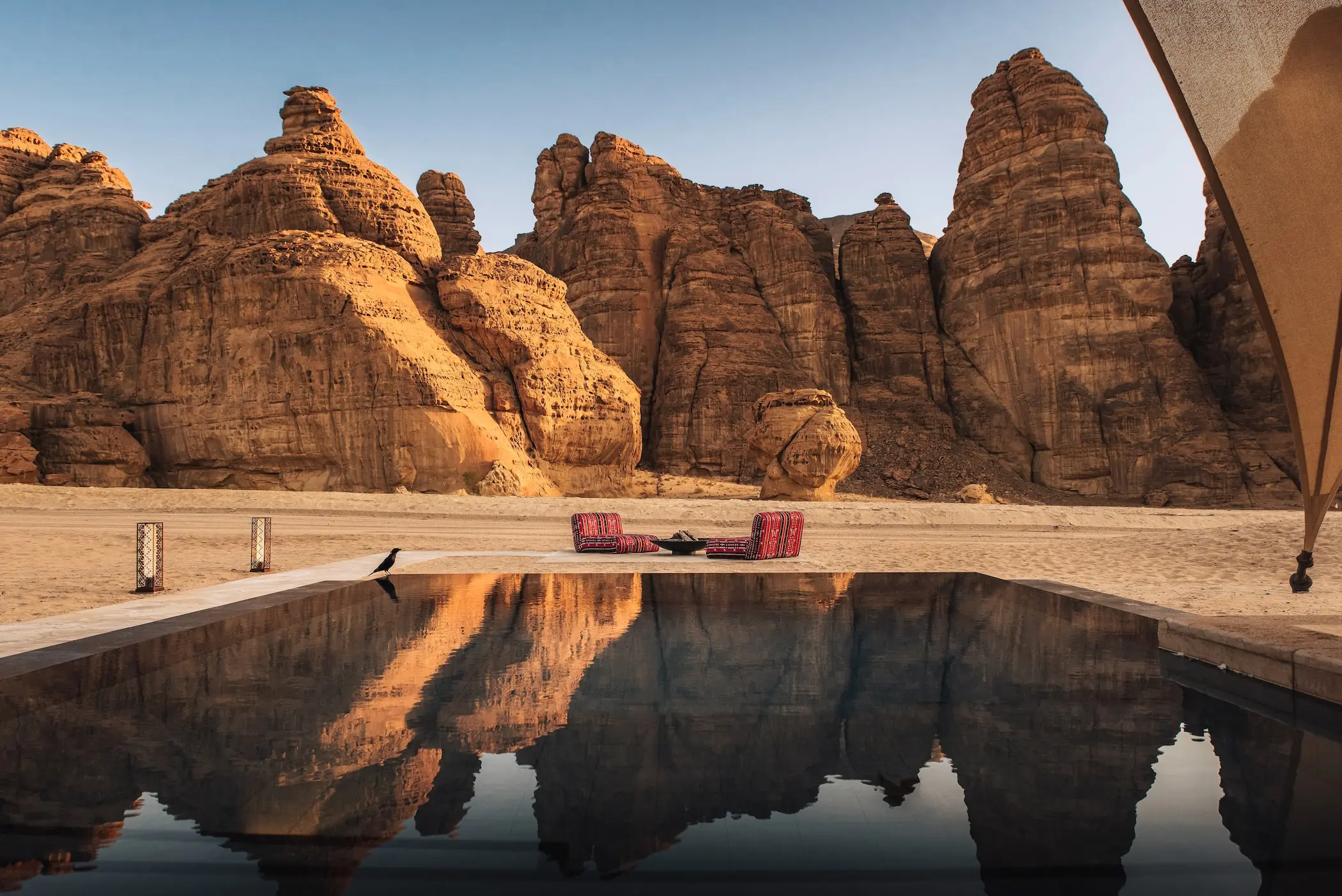From Boutique to Bespoke: The Rise of Tailored Travel
Discover how luxury travel is evolving in 2026 from design and service to emotion, anticipation, and meaning.

Once upon a time, “boutique” was the word that set small, design-driven hotels apart from grand, glittering resorts. It meant individuality, intimacy, a sense of place. But as the world of luxury travel continues to evolve, that word has begun to lose its edge. Today, travellers are searching for something more personal, not simply curated but created for them. The future of luxury is bespoke.
This quiet transformation has little to do with extravagance. It’s about emotion, sensitivity, and the power of being understood. Guests no longer look for hotels that impress; they look for places that read them.
From Design to Emotion
According to the International Hospitality Institute’s 2025 outlook, travellers now value emotional accuracy more than aesthetic innovation. What defines luxury today isn’t the number of stars but how precisely a place aligns with one’s mood, rhythm, and inner state.
Design, therefore, has become language. Architects and interior designers increasingly build for feeling rather than form, a balance of light, material, sound, and silence that nurtures calm rather than spectacle. As HospitalityNet recently described it, the new generation of hotels doesn’t shout luxury, it breathes it.
The Art of Anticipation
Bespoke travel begins long before arrival. It’s the email that doesn’t just confirm a booking, but suggests a morning walk by the sea because the guest once mentioned loving sunrise. It’s the discreet gesture of a room already scented with a familiar fragrance, or the music playing softly when one steps inside.
Technology helps, but only when it disappears. The best properties use data with empathy, combining digital insight with human intuition. Artificial intelligence can predict a preference, but only a person can turn it into care.
This ability to anticipate quietly, to act without asking, is what separates service from connection.
A Story, Not a Stay
The most forward-thinking hotels are no longer destinations; they are narratives. A stay becomes a story that unfolds naturally, shaped by local rhythms and spontaneous encounters. Guests don’t consume an experience; they inhabit it.
The idea isn’t to offer more, but to offer meaning. A dinner beneath olive trees, an afternoon spent with a local artisan, a conversation that lingers longer than the wine itself. These moments feel unplanned yet inevitable, stitched into the memory of a place that seems to know you before you arrive.
As one industry forecast phrased it, the future of travel is narrative immersion, not itinerary but interpretation.

The Return of Quiet Luxury
In an age of excess, stillness has become a privilege. The most refined hotels are learning to design for silence. They use natural textures, softened light, and architecture that listens. They understand that a slower pace is not laziness but luxury.
This quiet luxury doesn’t need to announce itself through grandeur. It exists in proportion, in restraint, in spaces that encourage presence over performance. It’s what you feel when you walk barefoot on cool stone, hear wind through an open window, or sense time stretching differently because nothing demands your attention.
Meaning Over Material
Bespoke travel is also conscious travel. Modern luxury carries an ethical dimension: purpose, place, and people matter as much as pleasure. Guests want to know that their comfort sustains rather than consumes, that the beauty around them belongs to its community too.
Regenerative hospitality, hotels that restore ecosystems, revive craftsmanship, and support local culture, is not a marketing phrase but a quiet revolution. It’s the understanding that the deepest form of comfort is knowing you are part of something good.
The Future of Feeling
As we move toward 2026, the distinction between boutique and bespoke will fade entirely. The most admired hotels will no longer compete on size or spectacle, but on resonance, how deeply they make a guest feel known.
Luxury will become less visible and more visceral. It won’t be defined by how a place looks, but by how it lingers. Real luxury is not a design style; it’s an emotion that follows you home.